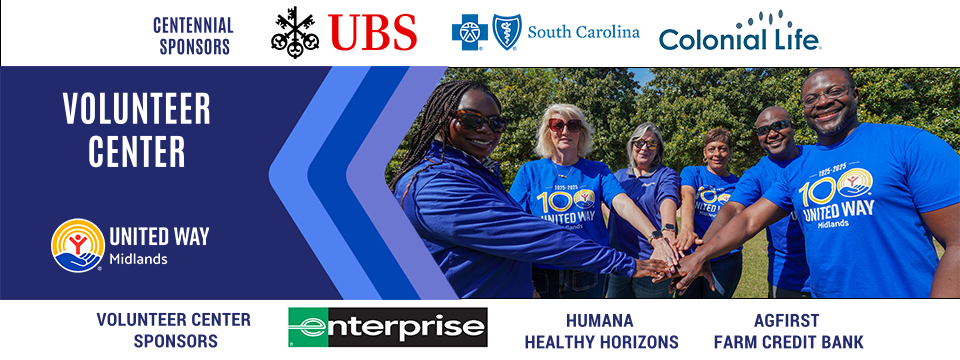When was the last time you looked at your grocery receipt and did a double take? Or wondered how rent could climb so high, so fast? If you've felt that pinch in your own household budget, you're not alone. For thousands of families across the Midlands, the math simply doesn't add up anymore.
In fact, according to the Self-Sufficiency Standard from the United Way Association of South Carolina, a family with one adult, one infant, and one school-aged child now needs $63,461 per year to cover basic necessities like housing, food, childcare, healthcare, and transportation. That's a 52% increase since 2020.
Meanwhile, per capita income in the Midlands has grown by only 26%. The area's average income of $57,191 still falls short of the self-sufficiency threshold.
This gap between what families earn and what it takes to meet basic needs has widened into a chasm. It's not just numbers on a chart-it's parents working double shifts and still coming up short at the end of the month. It's children who don't have the same opportunities as their peers because their family budgets are stretched too thin.
Why This Matters for All of Us
Rising costs don't just affect those at the margins-they affect our entire community. When families struggle, so do schools, workplaces, and local businesses. Economic instability ripples outward: higher eviction rates, more stress on healthcare systems, and fewer young people able to remain in the Midlands because of high housing and childcare costs.
But here's the good news: we are not powerless in the face of these challenges. Together, we can build pathways that help families move from crisis to stability-and from stability to thriving.
How United Way of the Midlands is Closing the Gap
At United Way of the Midlands (UWM), we're not just responding to immediate needs-we're investing in long-term solutions that address the root causes of instability. Through a network of programs and partnerships, we reach more than 40,000 people each year across Calhoun, Fairfield, Lexington, Newberry, Orangeburg, and Richland counties.
Here's how we're making an impact:
-
Midlands Reading Consortium (MRC): What started as a K-2 literacy program has expanded to include STEM opportunities, giving young learners the strong educational foundation they need to succeed long-term.
-
WellPartners Clinics: Our free dental and eye clinics provide critical care for uninsured and underinsured neighbors, expanding access to health services that too often fall out of reach.
-
Affordable Housing Investment: Over the past three years, UWM has invested more than $5 million in affordable housing efforts, helping to create or repair over 587 homes.
-
Whole Family Strategy: By supporting both children and adults, we aim to break generational cycles of poverty and create long-term opportunities for self-sufficiency.
The Human Side of the Numbers
Behind every statistic is a story. It's the single mom who dreams of owning a home but can't get past the rising cost of rent. It's the family forced to choose between paying for childcare and pursuing a better-paying job. It's the retired couple watching medical bills pile up, despite years of hard work.
These stories remind us that the community assessment isn't just a report-it's a mirror reflecting real challenges our neighbors face every day.
What Comes Next
The challenges are big, but so is our community's capacity to meet them. UWM's 2025 Community Assessment lays out a roadmap: invest in housing, strengthen workforce development, expand youth supports, and improve access to healthcare.
The truth is, no single organization can close the gap alone. But when we come together-nonprofits, businesses, government, and everyday neighbors-we can reimagine what's possible.
How You Can Help
Want to make a difference right now? Here are three ways:


